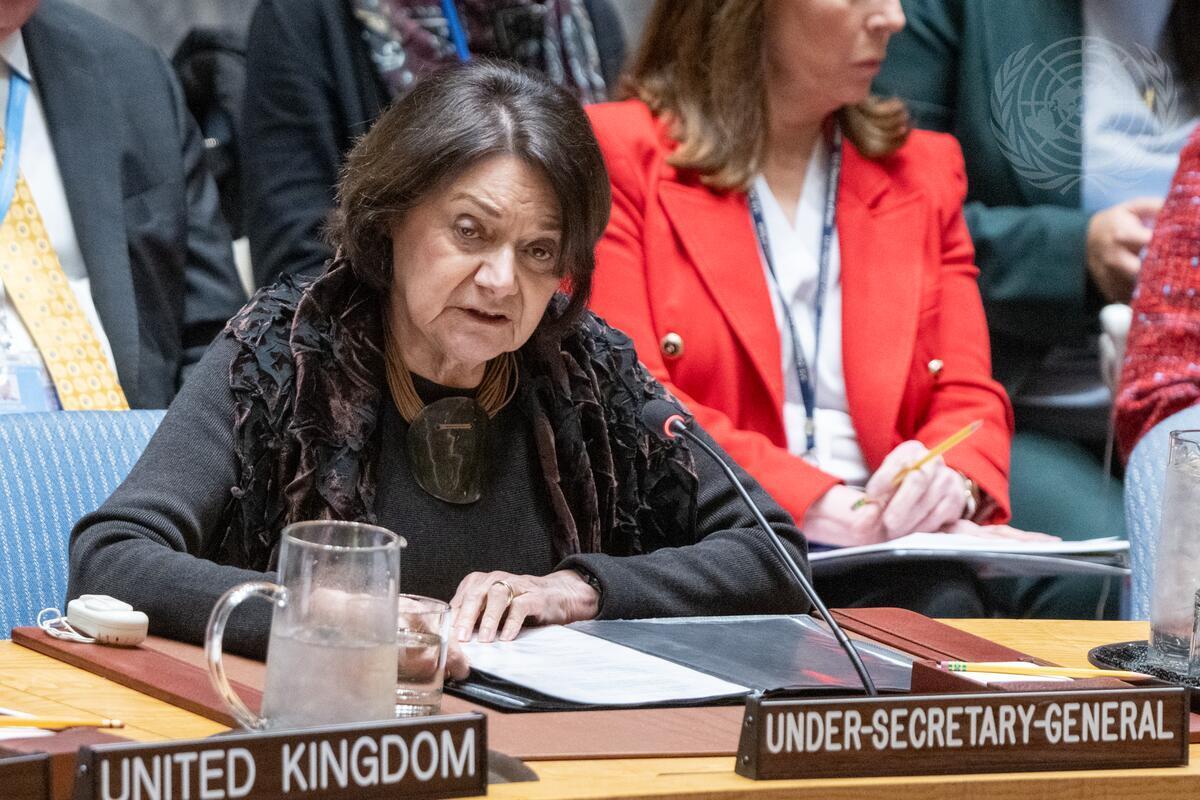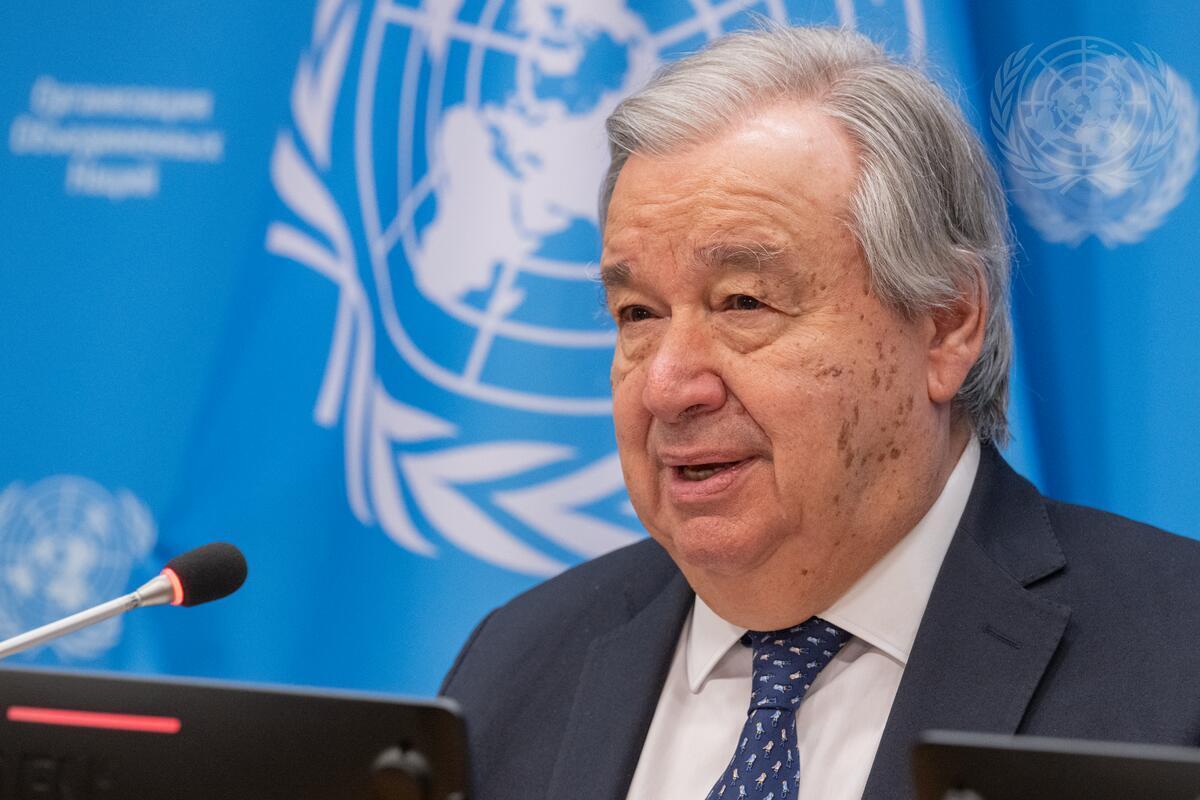In a newly published report, the United Nations noted that despite the relative temporary calm between Gaza and Israel since the end of March, the scope of the challenges facing the Palestinian people and government is unprecedented. A major fiscal crisis, coupled with growing humanitarian needs and the lack of a political prospect for a negotiated solution, threatens the stability of the West Bank and the very survival of the Palestinian state-building effort.
The report, issued by the office of the United Nations Special Coordinator for the Middle East Peace Process (UNSCO) for the upcoming bi-annual meeting of the Ad Hoc Liaison Committee (AHLC) in Brussels on 30 April 2019, outlined a number of steps taken by the United Nations to facilitate the implementation of critical humanitarian and economic interventions in Gaza, which were supported by the AHLC in September 2018. These achievements include a more than doubling of the electricity supply to the Gaza Strip since October 2018, the creation of thousands of temporary jobs, and the provision of emergency medical supplies. It further details continuing efforts to find sustainable solutions for the energy, water and health sectors.
“Addressing the deteriorating humanitarian and economic situation in Gaza requires not only donor funding and project implementation, but bold policy decisions by all sides,” said Nickolay Mladenov, United Nations Special Coordinator for the Middle East Peace Process. “The continued Israeli closures on Gaza, coupled with internal Palestinian division and more than a decade of Hamas rule in Gaza, has resulted in the breakdown of governance in the Gaza Strip and increased the risk of war.” he added.
With regard to the occupied West Bank, the report warned of the unprecedented financial, security and political challenges faced by the Palestinian National Authority. The report detailed the backdrop, which includes continued Israeli military occupation, settlement expansion and demolitions, territorial fragmentation, lack of jurisdiction, increased Palestinian protection needs, violence between Palestinians and the Israeli Security Forces and dwindling financial support.
Of particular concern, is the financial crisis caused by Israel’s decision to partially withhold 6% of the clearance revenue it collects on behalf of the PA and the subsequent Palestinian decision not to accept any such revenue unless the full amount it is owed is transferred. As a result of these decisions, the Palestinian Government has been deprived of some 65% of its revenue and forced to take extreme austerity measures. The report warns that unless resolved, the impact of this crisis will take years to undo. It reiterates the United Nations Secretary-General’s call to both sides to engage in a constructive manner with the goal of restoring the revenue transfers in full, in line with the Paris Protocol on Economic Relations.
In conclusion, the report stressed the United Nations’ firm commitment to continue working with Israel, the Palestinian Authority and the international community to find a solution to the unprecedented fiscal crisis as a matter of urgency. It also provided an update on the urgent interventions for Gaza, as well as a number of steps to ease the economic stress across the occupied Palestinian territory. The report further noted that these measures – while helpful – can only provide temporary relief, absent the required transformative and proactive steps outlined in the 2016 Quartet report to alter the deteriorating situation on the ground.





